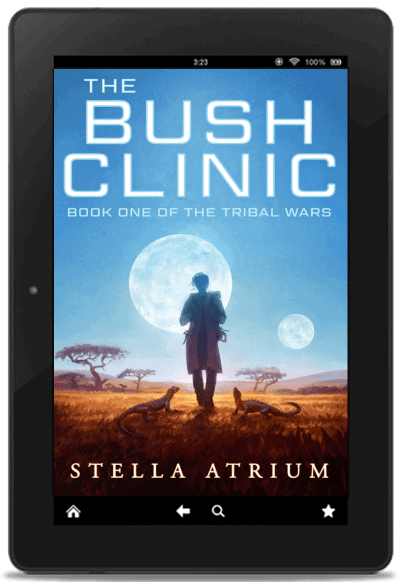Discover the early lives of your favorite characters in The Tribal War Series FREE ebook
SPECULATIVE FICTION WRITER
SPECULATIVE FICTION WRITER

Waiting for Some Dragon Action
Use low-magic – charms or wards or hexes or spells or scripts – to the delight of the reader without overwhelming the plot.
Do you describe movies to friends by “I really liked that moment when—“?
Eight long seasons of Game of Thrones recently played on daytime TV. We barely watched while doing daily chores, but waited for certain favorite moments to arrive. Each person in the work area was waiting for something different – a flash of nudity, the arena fights, the death of bad guys, the snappy banter (just kidding).
I was waiting for some dragon action. The series wasn’t interesting to me until the dragons were full-grown. Even then I worried about where they nested and how they bred more dragons.

Providing memorable moments is a writing tool that emerging writers can use in fantasy stories. Maybe the first character we meet snaps his fingers and produce a blue flame in the deep night. Of course, the writer needs a fully developed magic system so the moments fit into the otherworld for high-magic or low-magic.
High-magic is when most characters have magic and fight duels with their skills, like Darth Vader and the Emperor. High-magic stories are not my favorites because they remove the will of the protagonist for overcoming obstacles. Magic is used to win the day, so the protagonist sort of steps back.
Low-magic stories add value to the natural world without renting the fabric, like when Jesus caused the date tree to bare fruit. Keep magic on the sidelines and allow the humans (or hobgoblins or whatever) to drive the plot. Low-magic can fade into legend until there’s a need to boost the skills of a sidekick character. There are several does and don’ts, though.
Tips for using a high-magic system:
Don’t borrow – your protagonist cannot visit a Class-M planet or use a tricorder.
Don’t mix magic systems – a portal to another location doesn’t include time travel unless you’re Dr. Strange (borrowing again!).
Don’t mix modern and older conceits – the heroine cannot wear jeans and flip-flops unless you have described how she time-travels like Marty McFly.

Don’t violate the laws of physics – pushing natural effects like freezing the air is fine, but when Yoda died, he faded from sight ALONG WITH HIS CLOTHES.
Don’t planet hop without the passage of time – my biggest gripe with Star Wars was the battles on various planets, then the protagonist returns and the girl is still pregnant, just fatter. How much time was used with getting there and back?
Don’t develop so many terms or names that cannot be pronounced that the audible version becomes garbled. Think ahead.
Don’t expect high-magic to bring the plot resolution. Only the primary character can overcome adversity and save his ladylove.
Tips for using a low-magic system:
Conversely, there are several opportunities to use low-magic – charms or wards or hexes or spells or scripts – to the delight of the reader without overwhelming the plot. Special abilities like talking to birds or smelling the blood of orcs are great.

Do develop as system of magic that resides within the story’s vocabulary – use anecdotes as cautionary tales for who to avoid due to types of dark powers.
Do allow that magic has a cost – the practitioner maybe loses strength, or years are taken off his lifespan.
Do allow magic to go wrong – the outcomes are often the comic relief for the whole story.
Do ascribe magic powers to characters who don’t have them, just pretending.
Do have fun with new magic unique to your story – maybe research old myths or cultural tales for types of magic like a jinn or wendigo. Use home remedies like a divining rod to find water, or lye soap to prevent lice.

Do use a light touch with magic – some moments are throw-away, but some are woven into the story texture and become reasons to love a certain side character.
Do grow magic out of a misunderstanding of natural events – one character in a story that’s lost to me now thought that ice cream was so cold that it burned the tongue. Nice bit.
Do use chemistry or advancements in weapons – cinnabar becomes mercury when heated to remove the sulfur, and returns to cinnabar when sulfur is added again. Perhaps a similar effect can be found in your story, used to smuggle drugs in another form into the enemy camp.
Just some ideas to get you started. Sign up for the Stella Atrium Newsletter and don’t miss a single blog with tips for emerging fantasy writers.




